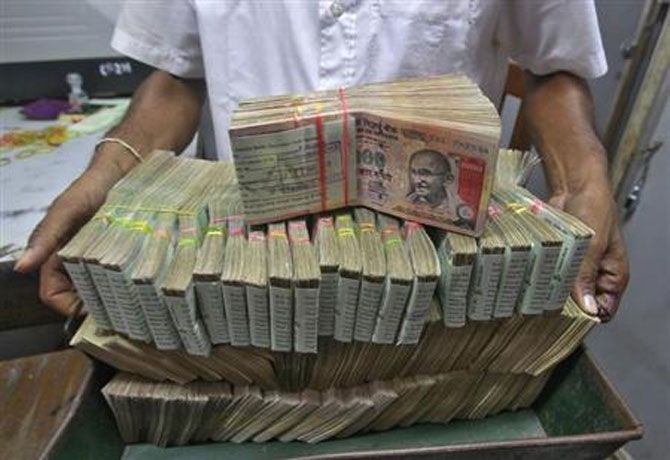Sequoia Capital might emerge as leading global investor in start-up space in the country, as funds from other sources dry up.
 While other international investors such as Tiger Global and SoftBank are going slow on the funds they pour into Indian start-ups, Sequoia Capital could race ahead.
While other international investors such as Tiger Global and SoftBank are going slow on the funds they pour into Indian start-ups, Sequoia Capital could race ahead.
There has never been any formal announcement from Tiger Global, the largest investor in Indian start-ups, that the consumer internet market in the country was not in its target anymore, but funding is down like never before.
According to Tracxn, Tiger, a top investor in Flipkart, had put in $2,497 million (Rs 16,000 crore) in 2014, $2,315 million (Rs 15,500 crore) in 2015 and only $40 million (Rs 268 crore) in 2016 so far.
Reports said after Flipkart’s repeated valuation markdown, the American hedge fund would be more conservative.
“I don’t believe it is only the markdown that has caused them (Tiger Global) to slow their investments. The volatility in Europe, the US and China has put things in perspective for them. I, honestly, see them continuing to be watchful in the short- and medium-term,” said Murali Bukkapatnam, the founding member of Hyderabad Angel Network.
SoftBank, too, has seen a change in investment patterns. After chief operating officer and president Nikesh Arora quit in a surprising development, the Japan-based investor, too, is likely to be subdued, analysts pointed out.
SoftBank, which burst on the scene in 2015, with investment of $1,620 million (Rs 10,800 core), poured in only $15 million (Rs 100 crore) in 2016.
This money was invested in Housing.com in a bridge round, it is learnt.
SoftBank’s other bets in Snapdeal and Grofers, too, are struggling for traction. In fact, hyperlocal grocery delivery start-up Grofers had raised $120 million (Rs 804 crore) from Tiger Global and SoftBank , and both are believed to have gone cold on India.
“It isn’t only that these companies have run out of money. It is also that they feel the effects of an investment winter and are preparing for the long haul. And we will see more companies take this approach,” said Bukkapatnam.
Harish HV, partner, Grant Thornton, agreed.
“The style of functioning has changed from rapid growth to showing, at best, unit profitability. And this will continue because investment styles have started to evolve. Many investors now believe that they have poured in as much as they could and now want results. They have to make money too, at the end of the day,” Harish said.
But amongst all the doom and gloom, Sequoia Capital has continued to go strong in India.
It started slow in 2014 with an investment of $320 million (Rs 2,144 crore), and $33 million (Rs 220 crore) going to Freecharge as one of its marquee investments.
Sequoia ramped it up to $1,396 million (Rs 9,400 crore) in 2015 and has already invested $211 million (Rs 1,400 crore) in the first six months of 2016.
If it continues at the same pace, the investments will be roughly a quarter of last year, and Sequoia will still outdo the others by a significant number.
“The key here is that the others had a focus on consumer internet while Sequoia has diversified into various other segments too,” said Harish. He said that it may result in Sequoia scoring. But he adds that there will be more investors who will make their way into India. “It just a matter of the right inflection point and the money even from these, so called, inactive entities will pour in again,” said Harish.







 © 2025 Rediff.com -
© 2025 Rediff.com -